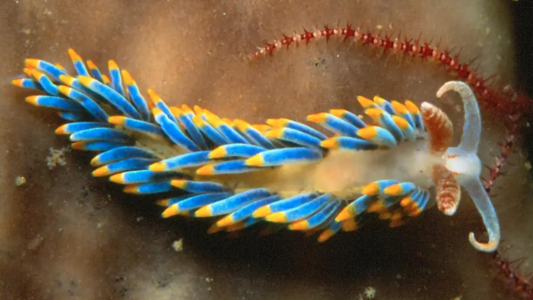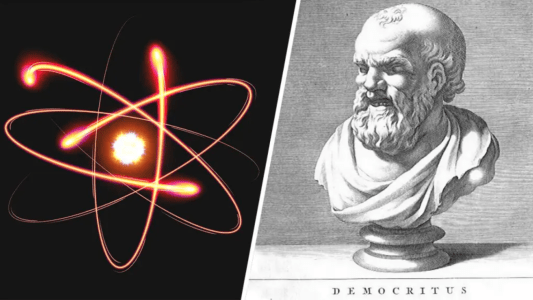Jonny Thomson teaches philosophy in Oxford. He runs a popular Instagram account called Mini Philosophy (@philosophyminis), which is the result of the conversations with his students and a somewhat masochistic obsession with reading dry philosophical books. Although Jonny centers around philosophy, he loves to write about all manner of subjects. Under the increasingly strained title of a ‘philosophy’ blog, he’s turned his hand to the origins of life, linguistics, developmental psychology, time travel paradoxes, psychoanalysis and unpacking classic novels and poetry. His first book is called “Mini Philosophy: A Small Book of Big Ideas.”
More Stories
The centipede’s dilemma: Why overthinking is killing productivity
The centipede's dilemma refers to the phenomenon where becoming aware of one's own ability or competence can lead to tripping up.
MIT’s soft fiber implants could offer drug-free pain relief
An innovative new way to use fiber-pulses to inhibit pain.
“The twin boom”: why twinning is on the rise
Since the 1970s, the rate that twins are born has doubled in most developed countries. What caused this and is it going to change soon?
Why aren’t we moving faster on malaria vaccines?
COVID-19 shots were rolled out within weeks of approval. The malaria jab is being delayed until mid-2024. Why?
After studying 850 hours of footage, this paper offers 3 rules for a great conversation
Good conversations leave a lasting impression. They are rewarding and enriching. Here's how to have more of them.
Adding spider DNA to silkworms creates silk stronger than Kevlar
Spider silk is strong and tough, but hard to farm. Silkworm silk is easy to farm, but not that strong. What if we could combine the two?
Study discovers how one sleep stage reactivates memories
New research suggests that during NREM sleep, our brain is more likely to store positive memories.
People destroyed printing presses out of fear. What will we do to AI?
Just like today with AI, people worried about the printing press' effect on job security and the spread of disinformation.
These psychedelic “body snatchers” regenerate their bodies and absorb other organism’s attributes
These bizarre mollusks have the ability to regenerate their bodies and to absorb other organisms' attributes.
How Greek philosopher Democritus predicted the atom in 400 B.C.E.
The idea of atoms goes as far back as the ancient Greek philosopher Democritus in 400 B.C.E., who thought physics left no room for free will.









